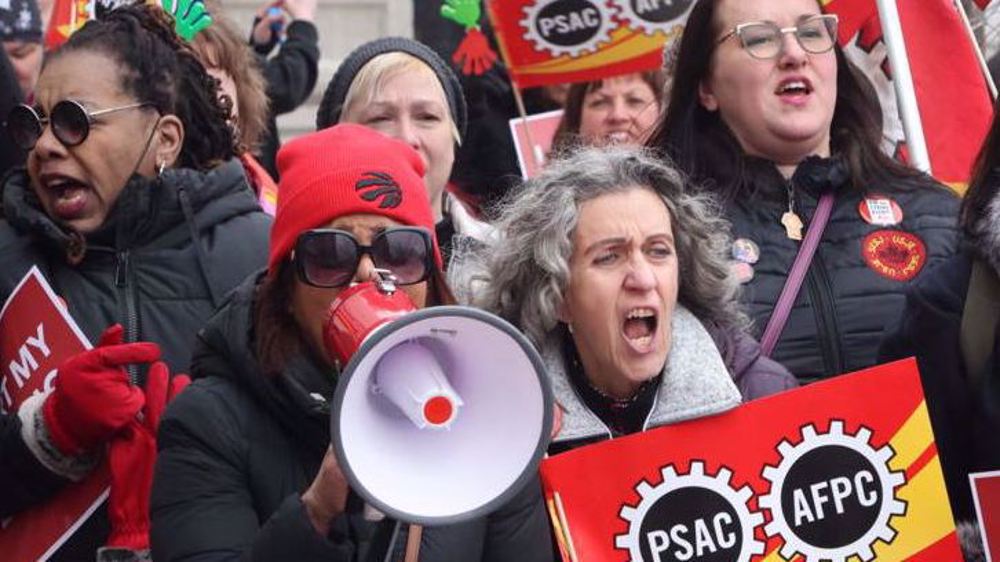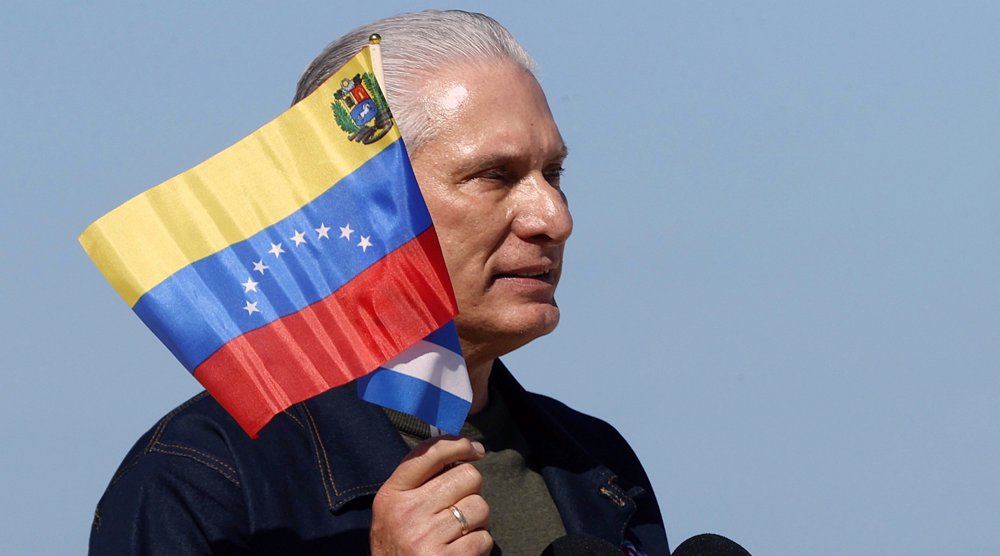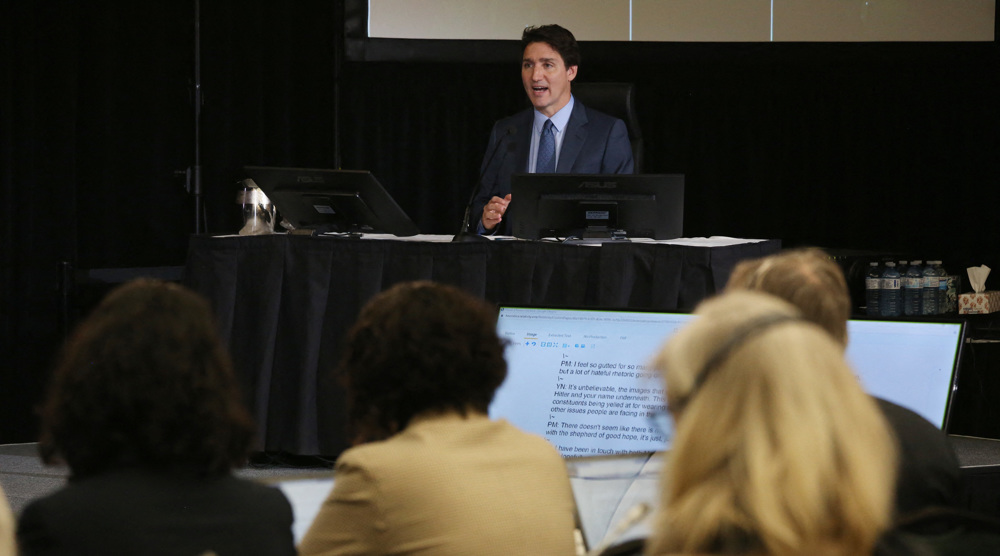More than 150,000 Canada public workers go on strike over wages
More than 155,000 federal public servants have gone on strike across Canada over low wages after failing to reach an agreement on a pay hike.
The industrial action by workers from the public sector started on Wednesday after their representatives failed to come up with a new wage agreement with the federal government.
Cleaners and cooks on military bases, clerks and maintenance workers, tradespeople, Coast Guard search and rescue teams, teachers, firefighters and workers who process employment insurance, passport applications and immigration documents were now expected to walk out of their jobs.
The workers' union warned the public to be prepared for disruptions in government departments tending to taxes and passport services as well as the infamous immigration offices, which are notorious for being especially chaotic.
The call for strike came after the Public Service Alliance of Canada (PSAC) said they had failed to reach an agreement with the federal government over cost-of-living raises to keep up with the soaring inflation.
Read more:
Report: Canada inflation hits four-decade high, worse yet to come
UK inflation hits 40-year high of 9.1% as food, energy prices surge
According to PSAC, about one-third of all Canadian public servants are expected to join picket lines at more than 250 locations.
"We are at the beginning of a historic strike (to reach) an agreement that takes into account the cost of living," Chris Aylward, PSAC's national president, told reporters in Ottawa on Tuesday night.
"Our issues at the bargaining table have still not been addressed," Aylward said, pointing out that PSAC's negotiators will remain at the bargaining table as the strike goes on, adding the two sides of the negotiations were "still a ways apart."
Workers are seeking a 13.5-percent wage increase over three years or 4.5 percent annually to keep up with inflation. On the other end, the government is offering nine percent spread over three years.
Aylward warned that the striking workers were prepared to continue the walkout for "however long it takes," adding that the members were "pumped" and looking forward to striking for a fair deal.
Meanwhile, striking workers were required to show up at picket lines for at least four hours each day if they go on strike, and will have to scan a barcode at those picketing locations in order to receive daily strike pay of $75, according to PSAC.
The labor alliance further noted that striking workers who do not join the picket lines will not get paid during the strike.
Canada last witnessed such a massive labor strike back in 1991.
VIDEO | Trump destabilizing nations
VIDEO | Palestinians condemn Israeli decision targeting Ibrahimi Mosque authority
VIDEO | Economic protests in Iran exploited by organized rioters
Iran receives first image from Tolou-3 remote-sensing satellite after successful orbital tests
Israeli foreign minister’s visit to Somaliland sparks diplomatic outrage
Gold inches closer to record peak as geopolitical risks lift safe-haven demand
Historic hospital leveled in Quneitra amid Israeli incursions into Syria
Palestinian activist on hunger strike near organ failure in UK prison











 This makes it easy to access the Press TV website
This makes it easy to access the Press TV website